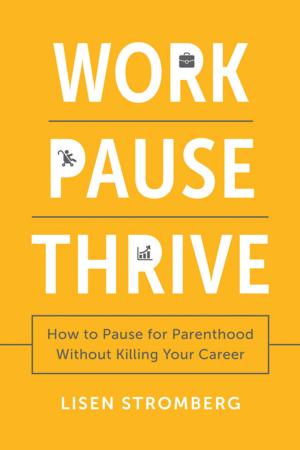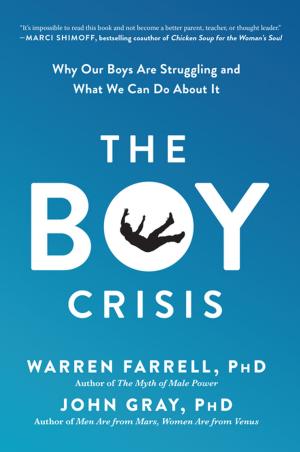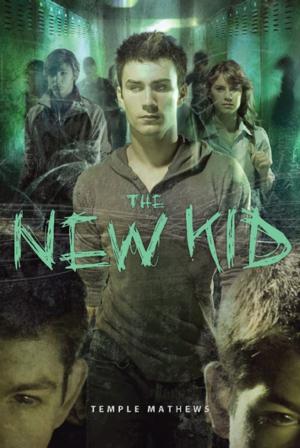The Psychology of the Girl with the Dragon Tattoo
Understanding Lisbeth Salander and Stieg Larssons Millennium Trilogy
Nonfiction, Health & Well Being, Psychology, Social Psychology| Author: | Lynne McDonald-Smith, Robert Young, Rachel Rodgers, Eric Bui, Misty K Hook, David Anderegg, Prudence Gourguechon, Wind Goodfriend, Joshua Gowin, Stephanie N Mullins-Sweatt, Melissa Burkley, Hans Steiner, Marisa Mauro, Sandra Yingling, Pamela Rutledge, Bernadette Schell, Robin S. Rosenberg, Mikhail Lyubansky, Elaine Shpungin | ISBN: | 9781936661350 |
| Publisher: | BenBella Books, Inc. | Publication: | December 6, 2011 |
| Imprint: | Smart Pop | Language: | English |
| Author: | Lynne McDonald-Smith, Robert Young, Rachel Rodgers, Eric Bui, Misty K Hook, David Anderegg, Prudence Gourguechon, Wind Goodfriend, Joshua Gowin, Stephanie N Mullins-Sweatt, Melissa Burkley, Hans Steiner, Marisa Mauro, Sandra Yingling, Pamela Rutledge, Bernadette Schell, Robin S. Rosenberg, Mikhail Lyubansky, Elaine Shpungin |
| ISBN: | 9781936661350 |
| Publisher: | BenBella Books, Inc. |
| Publication: | December 6, 2011 |
| Imprint: | Smart Pop |
| Language: | English |
Lisbeth Salander, heroine of Stieg Larsson’s The Girl with the Dragon Tattoo and its sequels, is one of the most compelling, complex characters of our time. Is she an avenging angel? A dangerous outlaw? What makes Salander tick, and why is our response to her-and to Larsson’s Millennium trilogy-so strong?
In The Psychology of the Girl with the Dragon Tattoo, 19 psychologists and psychiatrists attempt to do what even expert investigator Mikael Blomkvist could not: understand Lisbeth Salander.
What does Lisbeth’s infamous dragon tattoo really say about her?
Why is Lisbeth so drawn to Mikael, and what would they both need to do to make a relationship work?
How do we explain men like Martin Vanger, Nils Bjurman, and Alexander Zalachenko? Is Lisbeth just as sexist and as psychopathic as they are?
What is it about Lisbeth that allows her to survive, even thrive, under extraordinary conditions?
How is Lisbeth like a Goth-punk Rorschach test? And what do we learn about ourselves from what we see in her?
In The Psychology of the Girl with the Dragon Tattoo, 19 psychologists and psychiatrists attempt to do what even expert investigator Mikael Blomkvist could not: understand Lisbeth Salander.
What does Lisbeth’s infamous dragon tattoo really say about her?
Why is Lisbeth so drawn to Mikael, and what would they both need to do to make a relationship work?
How do we explain men like Martin Vanger, Nils Bjurman, and Alexander Zalachenko? Is Lisbeth just as sexist and as psychopathic as they are?
What is it about Lisbeth that allows her to survive, even thrive, under extraordinary conditions?
How is Lisbeth like a Goth-punk Rorschach test? And what do we learn about ourselves from what we see in her?
Lisbeth Salander, heroine of Stieg Larsson’s The Girl with the Dragon Tattoo and its sequels, is one of the most compelling, complex characters of our time. Is she an avenging angel? A dangerous outlaw? What makes Salander tick, and why is our response to her-and to Larsson’s Millennium trilogy-so strong?
In The Psychology of the Girl with the Dragon Tattoo, 19 psychologists and psychiatrists attempt to do what even expert investigator Mikael Blomkvist could not: understand Lisbeth Salander.
What does Lisbeth’s infamous dragon tattoo really say about her?
Why is Lisbeth so drawn to Mikael, and what would they both need to do to make a relationship work?
How do we explain men like Martin Vanger, Nils Bjurman, and Alexander Zalachenko? Is Lisbeth just as sexist and as psychopathic as they are?
What is it about Lisbeth that allows her to survive, even thrive, under extraordinary conditions?
How is Lisbeth like a Goth-punk Rorschach test? And what do we learn about ourselves from what we see in her?
In The Psychology of the Girl with the Dragon Tattoo, 19 psychologists and psychiatrists attempt to do what even expert investigator Mikael Blomkvist could not: understand Lisbeth Salander.
What does Lisbeth’s infamous dragon tattoo really say about her?
Why is Lisbeth so drawn to Mikael, and what would they both need to do to make a relationship work?
How do we explain men like Martin Vanger, Nils Bjurman, and Alexander Zalachenko? Is Lisbeth just as sexist and as psychopathic as they are?
What is it about Lisbeth that allows her to survive, even thrive, under extraordinary conditions?
How is Lisbeth like a Goth-punk Rorschach test? And what do we learn about ourselves from what we see in her?















